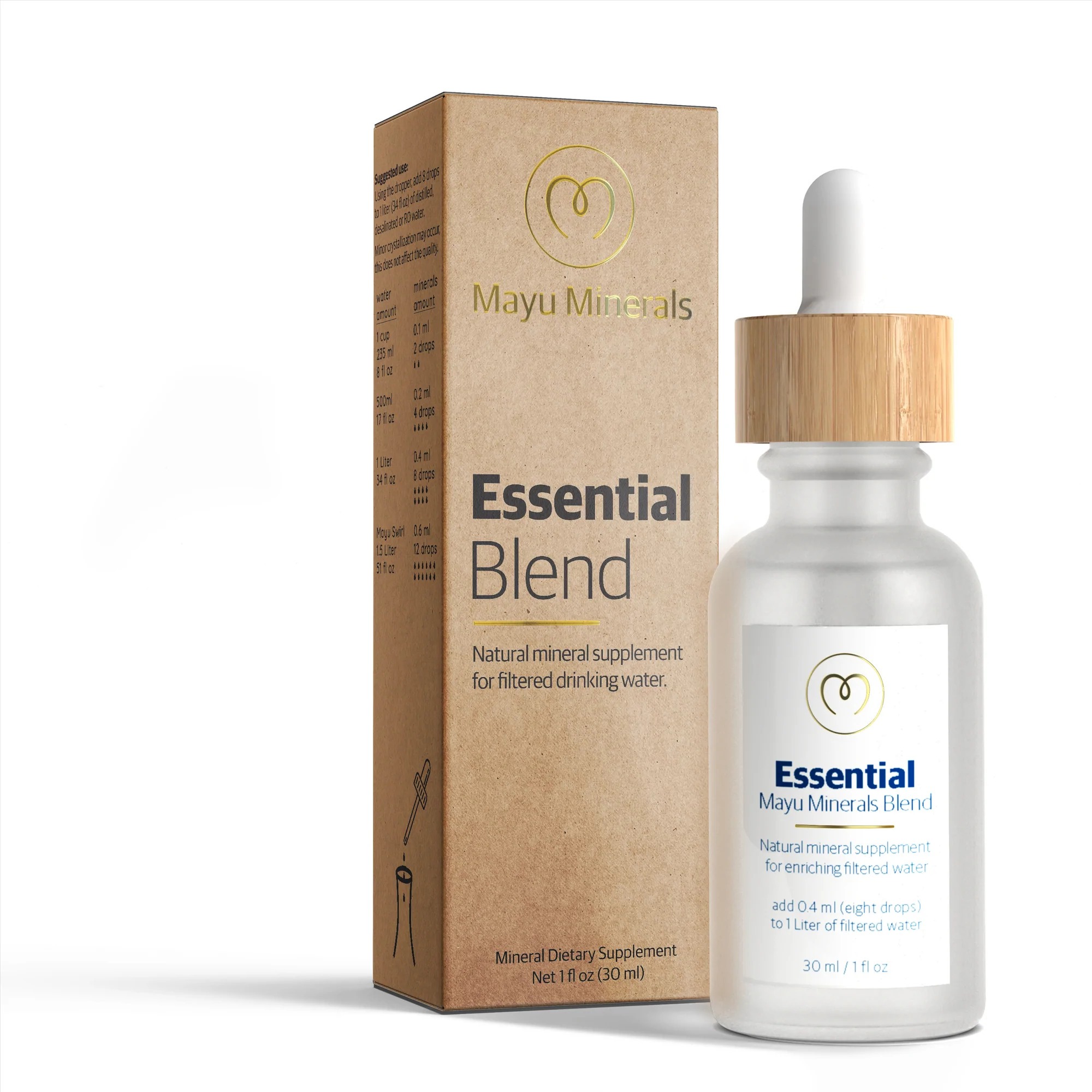Tackling Mineral Deficiency: Symptoms and Science-Based Solutions
Are you pushing yourself to the limit while training but feeling drained halfway through?
Published October 6, 2024

Iron Deficiency Anemia (IDA) impacts almost one-third of the world's population—causing fatigue and muscle pain. It's also only one of the common mineral deficiencies you can have.
We set out to explore the straightforward but crucial aspects of mineral health—a topic that affects many people but needs more spotlight.
» Experiencing joint pain? Explore the benefits of mineral water for arthritis
What is Mineral Deficiency?
Minerals are essential nutrients your body needs in small amounts to function properly. They play a vital role in bone health, muscle contraction, oxygen transport, the immune system, and nerve signaling.
Diet, medical conditions, and medication can cause insufficient levels of essential minerals, creating a deficiency.
Mineral Deficiency Symptoms
Mineral deficiency symptoms are warnings that your body doesn't have enough of them for optimal functioning, especially if you're an athlete who needs efficient recovery.
The following mineral deficiencies can affect peak performance and well-being:
- Iron: Indispensable for blood oxygen transport, and its deficiency can result in very noticeable fatigue, pale skin, or shortness of breath.
- Zinc: Fuels your white blood cells. With its dwindling reserves, these fighters become fatigued, leaving you vulnerable to frequent colds, infections, and even slow wound healing.
- Calcium: Forms the bedrock of your bones. Its depletion weakens them, leading to aches, pains, and even increased risk of fractures, especially in the hips, wrists, and spine
- Magnesium: Acts as a natural muscle relaxant. Low levels lead to tense—twitchy muscles—prone to painful cramps and spasms, especially at night.
- Potassium: Regulates blood pressure. Deficiency can contribute to elevated levels, adding extra strain on your cardiovascular system.
- Sodium: Plays a role in nerve function and muscle control. Deficiency can trigger headaches and muscle cramps.
» Want to recover faster after a workout? Learn the best ways to replace electrolytes
Mineral Deficiency: Prevention and Treatment
Science-based solutions for preventing and treating mineral deficiencies involve a comprehensive approach. Start with a diet that incorporates a variety of nutrient-dense foods, including fruits, vegetables, whole grains, lean proteins, and dairy products
You can also support mineral balance with lifestyle modifications, such as:
- Hydration
- Adequate sleep
- Stress management
- Regular physical activity
Supplementation may be necessary to meet your mineral needs. A medical-grade, mineral-enhanced supplement like Mayu Minerals Essential Drops for water balances levels through whole-body absorption when diet falls short.
Mineral Deficiency Tests
You can visit a doctor and take specific tests and diagnostic measures to confirm a mineral deficiency. Physicians usually take preventative strategies if mineral levels dip lower than the baseline.
For new-onset deficiencies, testing helps confirm if you need targeted supplementation. They may include blood, urine, and sometimes even hair analysis.
Seek professional guidance for comprehensive testing if you:
- Follow restrictive diets
- Engage in intense physical activity
- Have a family history of mineral deficiencies
- Experience persistent or concerning symptoms
» Find out everything you should know about the minerals in tap water
Addressing Hair Loss Due to Mineral Deficiency
Iron, zinc, and biotin are essential for hair growth and maintenance. So, if you notice more locks than usual in your brush or shower drain, visit your physician.
A well-balanced diet that includes foods rich in these essential minerals works wonders for managing and preventing hair loss. You can try including nuts, pumpkin seeds, kale, and spinach.
» Check out healthy lemon water alternatives
Levelling Up Your Minerals
Maintaining optimal mineral levels requires awareness of signs of deficiency and proactive, diligent efforts to prevent and address balance through food sources and targeted supplementation strategies.
Proper mineral intake is crucial for anyone looking to impact their well-being and achieve their best health. That's where Mayu Minerals Essential Drops step in, offering a convenient way to enrich your water with a potent blend of 72 ionic trace minerals and micro-elements.


















































